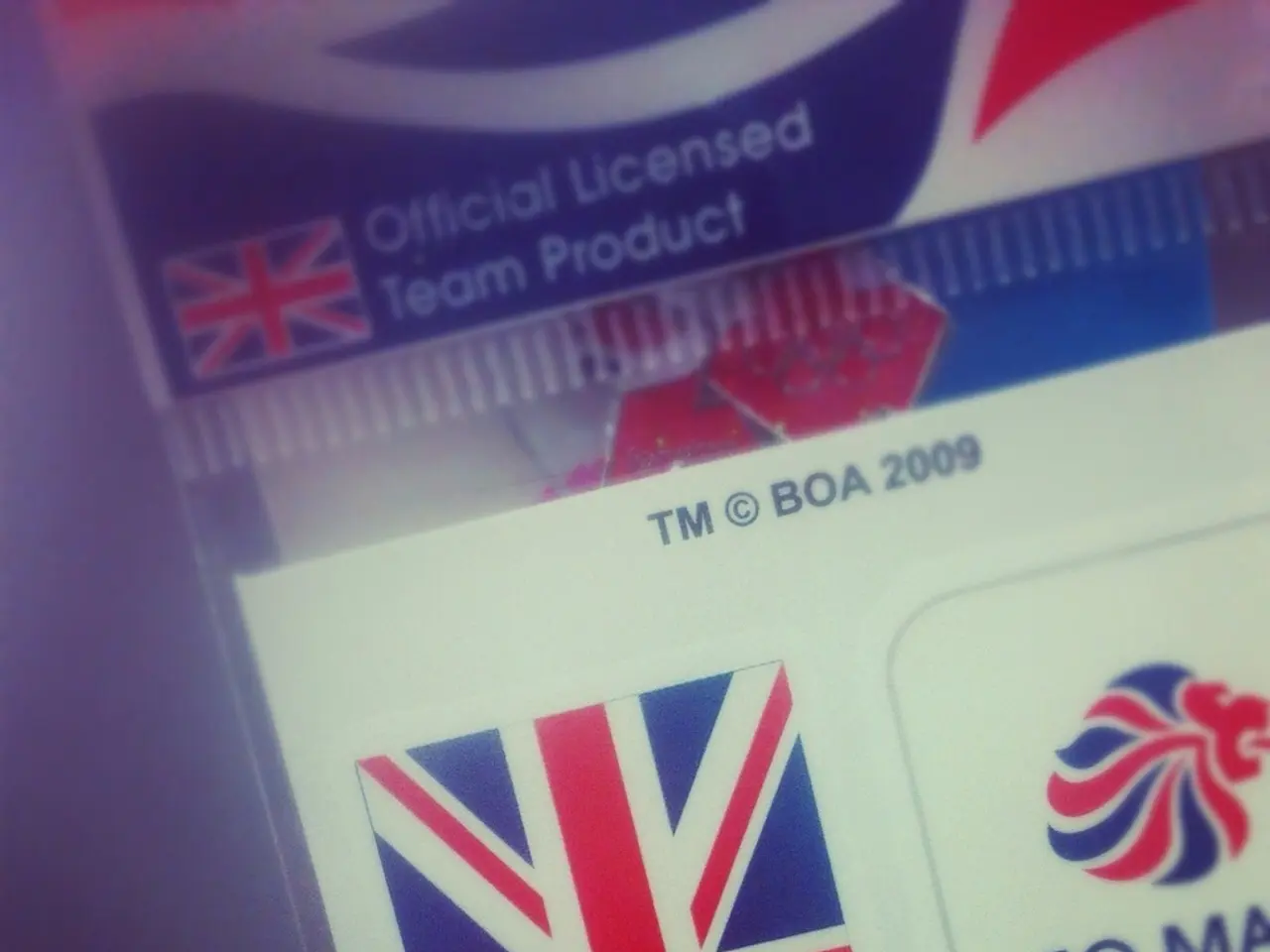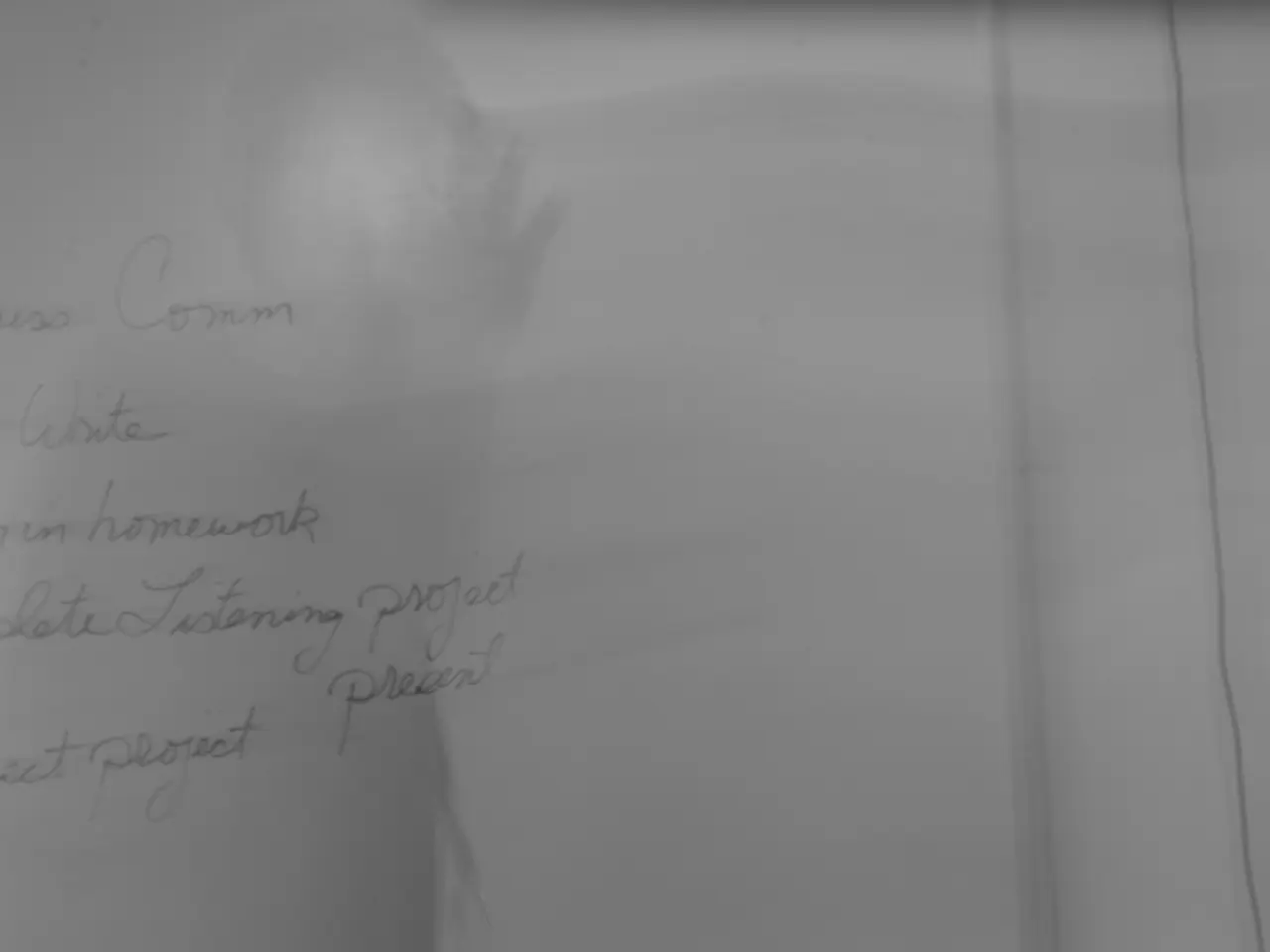Recommendation for a Radiation Protection Directive for Workers: Commission to Propose Legislation on safeguarding employees from radiation-related hazards.
The newly formed black-red coalition in Germany, led by Federal Chancellor Friedrich Merz, has unveiled a series of reform projects and business-friendly policies based on their coalition agreement. Highlighted in the agreement's extensive details are several immediate reforms that have drawn attention from experts and the public.
Key Immediate Reform Projects and Business Reliefs- Boosting Equipment Investments: The agreement includes a provision for a 30% depreciation on equipment investments. This measure has received strong approval from economists as a means to promote business investment and modernization.- Corporate Tax Breaks: The coalition is inclined towards providing additional tax relief for corporations, establishing a business-friendly stance.
Labor and Environmental Regulations- Scaling Back Regulations: The coalition plans to eliminate or weaken certain labor and environmental regulations, including the Supply Chain Act, which is set for revisions to reduce administrative burdens on businesses.- Proposed Changes in Labor Laws: There are proposals to extend maximum working hours, although the impact on the eight-hour workday remains unclear.
Support for Skilled Workers and Immigration- Work-and-Stay Agency: To address labor shortages, a new agency will be established to support the immigration and integration of skilled workers from abroad, making it easier for businesses to recruit internationally.- Opportunity Residence Right: Migrants with tolerated status who are employed and meet certain integration criteria will receive temporary residence permits, further supporting workforce stability.
Relief for Low- and Middle-Income Earners (with caveats)- Restricted Relief: The coalition has pledged some relief for middle- and low-income households, but often with increased restrictions or conditions.- Minimum Wage Uncertainty: The coalition signals a possible increase in the minimum wage to €15 per hour, but this is not guaranteed and remains a point of negotiation.
Economists have generally been critical of the coalition agreement, noting a lack of transformative reforms and a cautious approach to policy changes. The 30% depreciation on equipment investments stands out as a significant, widely supported measure for business relief. However, broader structural reforms to tackle Germany's economic challenges are seen as insufficient or postponed.
Sources:[1] Berliner Morgenpost, "Coalition agreement between CDU, CSU, and SPD published," January 24, 2022.[2] Handelsblatt, "German Economists React to the Coalition Agreement," January 25, 2022.[3] Frankfurter Allgemeine Zeitung, "Economists' First Reactions to the Coalition Agreement," January 25, 2022.[4] Deutsche Welle, "Germany's New Coalition Government Aims to Improve Migration Policies," January 26, 2022.[5] t-online, "The 144-146 Page Coalition Agreement Between CDU, CSU, and SPD," January 24, 2022.
- The black-red coalition, led by Federal Chancellor Friedrich Merz, has proposed several immediate reforms that draw attention from experts, including corporate tax breaks and a 30% depreciation on equipment investments, which is seen as a significant, widely supported measure for business relief.
- The newly formed black-red coalition in Germany has unveiled a series of reform projects and business-friendly policies based on their coalition agreement, which includes boosting equipment investments through a 30% depreciation, establishing a business-friendly stance by providing additional tax relief for corporations, and addressing labor shortages by establishing a new agency to support the immigration and integration of skilled workers from abroad.




